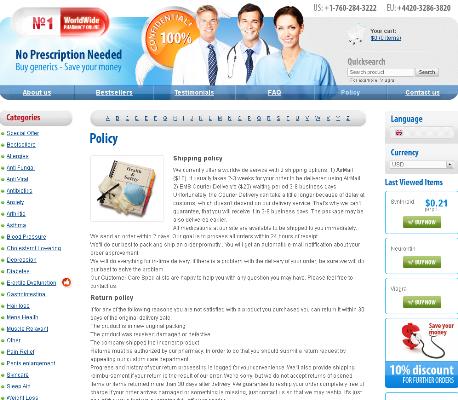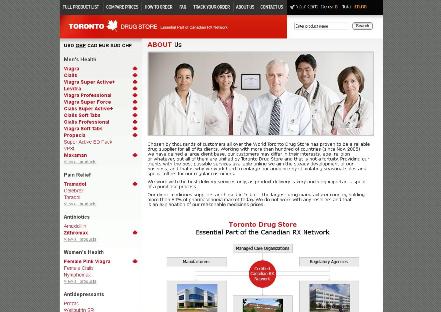Overview of Priligy: Mechanism and Usage
Priligy, also known as dapoxetine, was specifically developed to tackle issues related to premature ejaculation. Unlike traditional erectile dysfunction medications, Priligy's uniqueness lies in its mechanism as a selective serotonin reuptake inhibitor (SSRI). Unlike other SSRIs, Priligy is fast-acting and doesn't require continuous use, making it a convenient choice for many.
| Aspect | Priligy |
|---|---|
| Primary Use | Premature Ejaculation |
| Mechanism | SSRI |
| Administration | Oral, taken when needed |
| Onset of Action | Fast-acting |
Designed to be taken as needed, approximately one to three hours before intercourse, Priligy works swiftly, providing rapid response with a focus on improving control rather than erection. Its brief duration of effect minimizes the risk of long-lasting side effects, distinguishing it from other, longer-acting ED treatments.
Comparing Popular Ed Medications: Key Differences

Navigating the landscape of erectile dysfunction (ED) treatments can be complex, with medications like Viagra, Cialis, and Levitra often taking center stage. Unlike these traditional ED drugs, which primarily enhance blood flow to treat erectile dysfunction, Priligy is distinct as it targets premature ejaculation by modulating serotonin levels in the brain. This sets the stage for a diversified pharmaceutical approach, where the choice of medication becomes less about a one-size-fits-all solution and more about aligning with specific clinical needs.
While traditional ED medications like Viagra and Cialis are acclaimed for their rapid onset and longevity, their suitability is often confined to erectile dysfunction alone. Priligy serves an ancillary but no less vital role in the sexual health narrative by catering to those experiencing premature ejaculation, offering a broader spectrum of therapeutic options.
Side Effects: Priligy Vs. Other Ed Options
Priligy, primarily used for the treatment of premature ejaculation, has its own profile of side effects. Users of Priligy may experience nausea, dizziness, and headaches. These effects are generally transient and mild, distinguishing it from some erectile dysfunction (ED) medications, which come with their own set of potential adverse reactions.
While traditional ED medications like Viagra and Cialis are well-known for their efficacy, they may also lead to side effects such as flushing, nasal congestion, and, in rare cases, visual disturbances. The nature and severity of side effects can vary significantly between drugs due to their differing mechanisms of action.
For individuals seeking treatment, understanding these differences in side effects is pivotal. While Priligy focuses on serotonin reuptake inhibition, ED drugs typically influence blood flow, which accounts for their distinct side effect profiles.
Effectiveness: Duration and Onset of Action

Priligy, primarily designed to address premature ejaculation, exhibits a unique onset of action compared to traditional erectile dysfunction (ED) drugs. Unlike ED medications such as Viagra or Cialis, which mainly focus on enhancing blood flow to maintain an erection, Priligy operates by modulating neurotransmitters in the brain to delay climax. This mechanism makes Priligy's effectiveness vital for those who struggle with climax issues lasting only moments.
While ED medications like Viagra typically take about 30 to 60 minutes to offer optimal results, Priligy shows its efficacy within a span of 1 to 3 hours of ingestion, timing that might suit specific lifestyles or needs. The effects of Priligy are generally shorter-lived, often lasting around 1 to 3 hours, whereas longer-lasting ED medications can provide aid for up to 36 hours.
When assessing the onset, ED drug users often appreciate the swift action of some medications, but the prolonged desire control granted by Priligy offers a different kind of satisfaction. This distinction in timing and functionality makes Priligy a versatile choice, contrasting with the more extended but conventional effects provided by general ED treatments.
User Experiences: Testimonials and Case Studies
Many users have shared their experiences with Priligy, highlighting its ability to significantly delay ejaculation. One case study noted that a 34-year-old man experienced a noticeable improvement in his sexual confidence after regular use. He reported that Priligy allowed him to extend the duration of intercourse, leading to enhanced satisfaction for both him and his partner.
In a comparative analysis, testimonials suggest varying degrees of success with different ED medications. While some men preferred Priligy's targeted action on premature ejaculation, others found alternative treatments more beneficial for broader erectile dysfunction issues. The diverse user experiences underline the importance of personalized approaches in selecting the most suitable ED therapy.
| Medication | User Satisfaction |
|---|---|
| Priligy | High for Delay Issues |
| Other ED Medications | Varies based on individual needs |
Pricing and Accessibility of Ed Treatments
Navigating the landscape of erectile dysfunction (ED) treatments involves understanding both cost factors and accessibility. Priligy, primarily indicated for premature ejaculation, differs significantly in pricing from traditional ED medications. While generic options of popular ED drugs often reduce costs, Priligy typically remains at premium pricing given its unique pharmacological profile and limited approvals. Accessibility varies widely, as some medications require prescriptions in certain regions, and might not be as readily available. Understanding insurance coverage and local pharmaceutical guidelines can greatly influence accessibility.
For deeper insights into Priligy, you can explore these sources: Medical News Today and WebMD.

